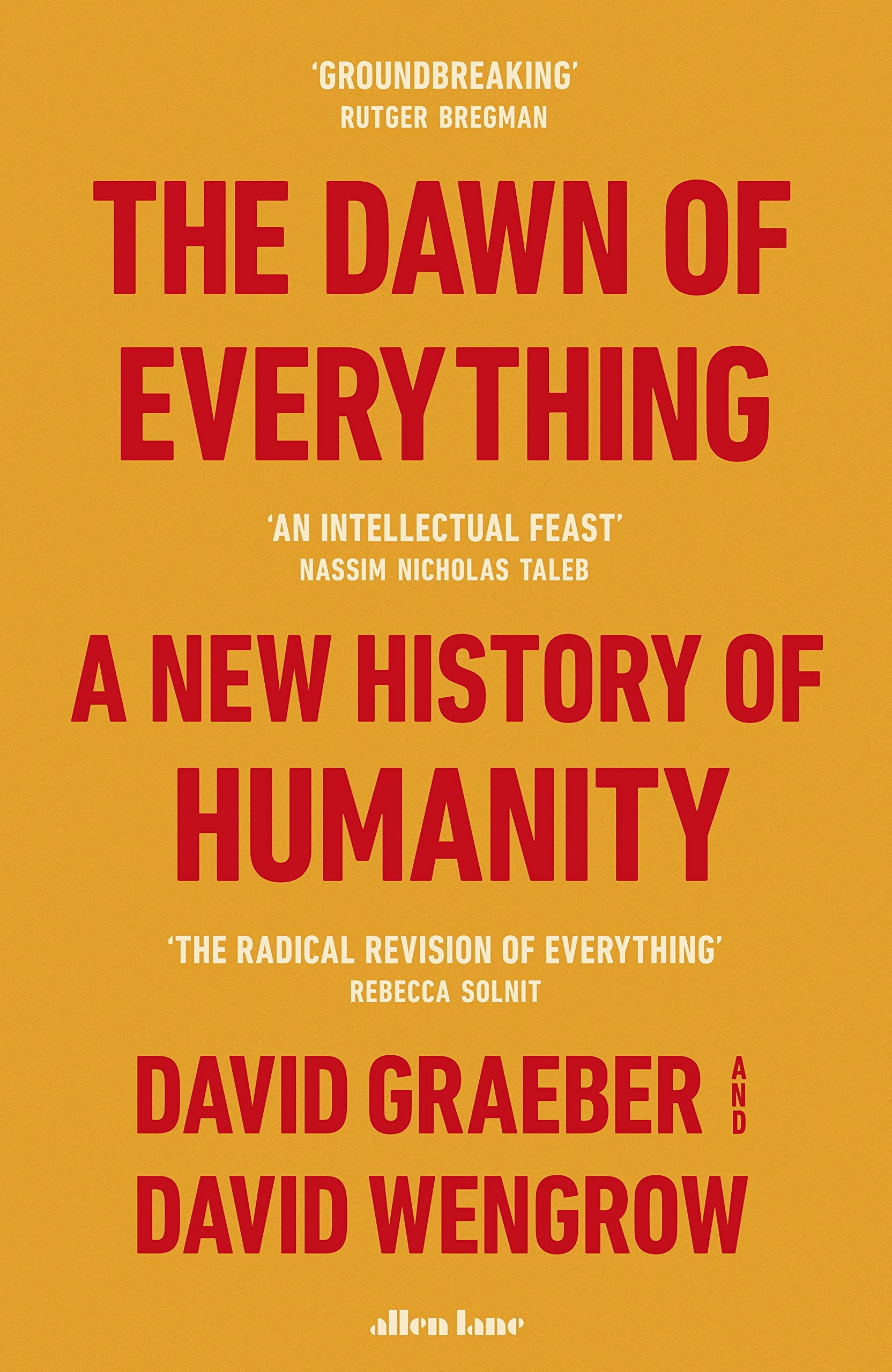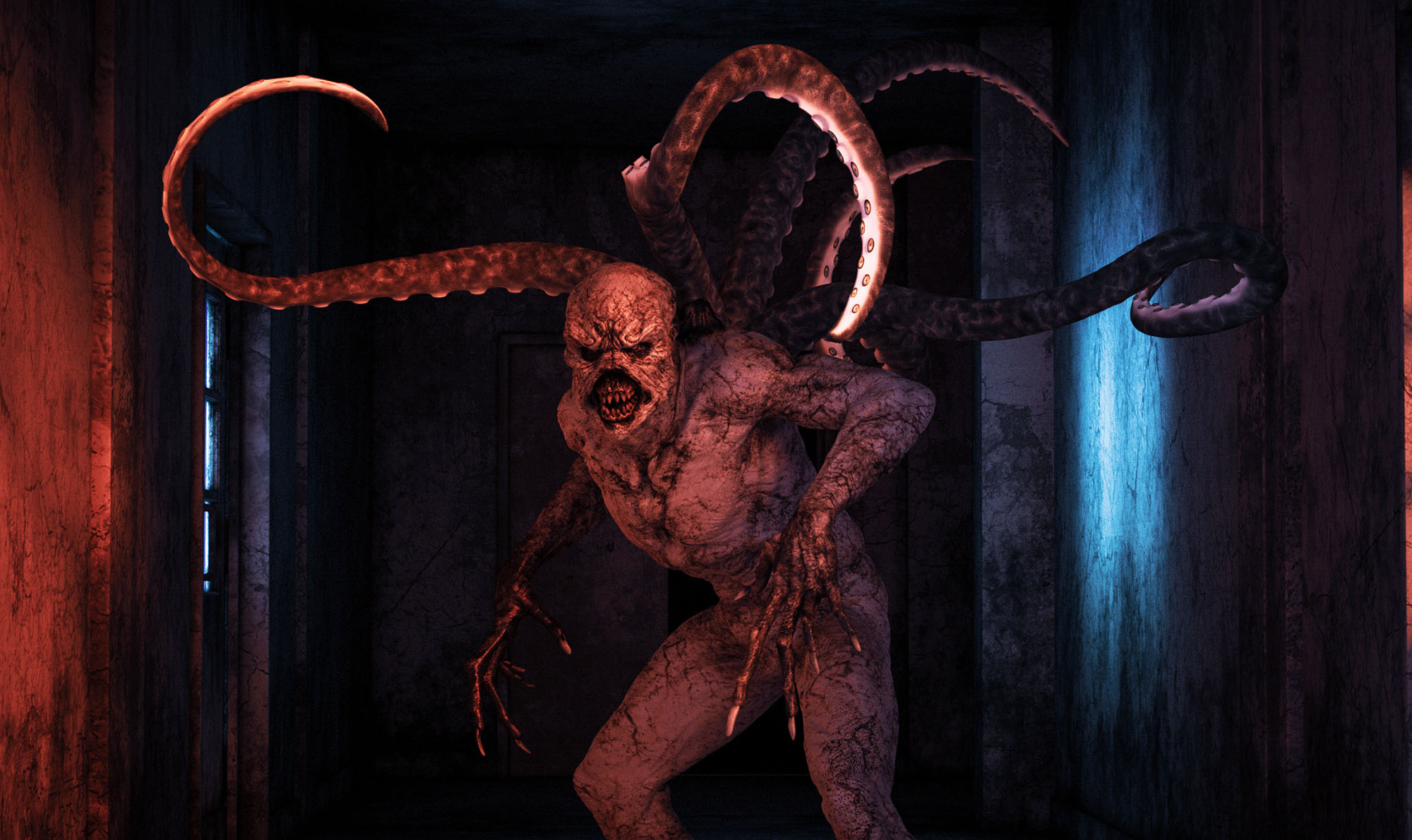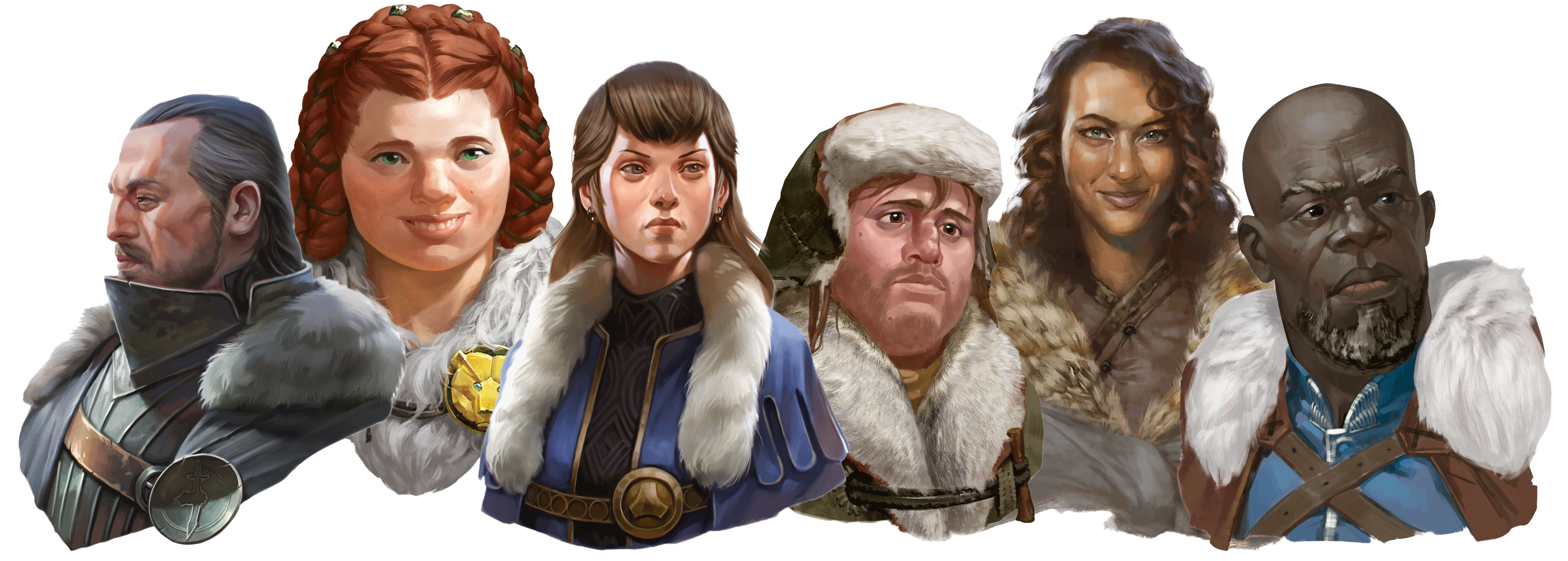We resolve actions in RPGs by making checks, right? I’m not actually a master swordsman, but I can use my attack bonus to slay dragons. And I’m not actually a master thief, but I can use my Pick Locks skill to open a door. So even though I’m not as smart as my wizard with Intelligence 20, I should be able to make an Intelligence check to solve a riddle, right?
But, if so, why does that feel so unsatisfying?
Broadly speaking, it’s for the same reason that we don’t “solve” crosswords where the answers have already been penciled in.
We can also think of this in terms of the Czege Principle:
When one person is the author of both the character’s adversity and its resolution, play isn’t fun.
In the case of a riddle or puzzle, the resolution is, of course, figuring out the answer. If the interaction at the table is:
GM: Like the sun in a snowstorm, I must be broken before I can be used. What am I? Give me an Intelligence check.
Player: 18.
GM: The answer is, “An egg.”
The player has been excluded from participating. (And this largely remains true even if we muddy up the middle step a bit by, for example, requiring the player to say, “I’ll make an Intelligence check.”)
In The Art of Rulings, I propose three thresholds for making a ruling:
- Passive observation is automatically triggered.
- Player expertise activates character expertise.
- Player expertise can trump character expertise.
If you apply this metric to riddle-solving, you generally end up in a similar place: Player expertise activating character expertise means that “the characters don’t play themselves.” The players have to make some meaningful input in order to activate their character’s expertise (e.g. deciding to search a chest for traps in order to activate their character’s mechanical Search check), and in the case of a riddle or puzzle the only meaningful input is figuring out the solution. (Which, of course, obviates the need for the check.)
To put this a different way: The only meaningful part of solving a riddle is the LAST step. So if you reduce the solution to a mechanical check, you have taken all meaning away from the player.
Engage the players through their characters. If you’re ONLY engaging the characters, then the players are no longer playing the game.
BUT I WANT TO CHECK!
But let’s say that you (or your players) WANT to make the Intelligence check. This is generally due to one of two reasons:
First, the PCs are stuck and they need a solution to the riddle or puzzle in order to proceed.
Second, the players wants to play a character who is smarter than they are. Just like some players want to play a character who can win a heavyweight title bout (even though they absolutely cannot do that in real life), you’ll have players who want to solve riddles and puzzles that would be impossible for them in real life.
Fortunately, there are some techniques you can use without making riddles and puzzles meaningless.
NON-ESSENTIAL RIDDLES
The first thing you can do is make the riddle non-essential.
For example, consider the riddle of Moria’s door in The Fellowship of the Rings.
‘What does the writing say?’ asked Frodo, who was trying to decipher the inscription on the arch. ‘I thought I knew the elf-letters but I cannot read these.’
`The words are in the elven-tongue of the West of Middle-earth in the Elder Days,’ answered Gandalf. ‘But they do not say anything of importance to us. They say only: The Doors of Durin, Lord of Moria. Speak, friend, and enter. And underneath small and faint is written: I, Narvi, made them. Celebrimbor of Hollin drew these signs.’
`What does it mean by speak, friend, and enter?’ asked Merry.
‘That is plain enough,’ said Gimli. `If you are a friend, speak the password, and the doors will open, and you can enter.’
‘Yes,’ said Gandalf, ‘these doors are probably governed by words. Some dwarf-gates will open only at special times, or for particular persons; and some have locks and keys that are still needed when all necessary times and words are known. These doors have no key. In the days of Durin they were not secret. They usually stood open and doorwards sat here. But if they were shut, any who knew the opening word could speak it and pass in. At least so it is recorded, is it not, Gimli?’
‘It is,’ said the dwarf. `But what the word was is not remembered. Narvi and his craft and all his kindred have vanished from the earth.’
‘But do not you know the word, Gandalf?’ asked Boromir in surprise.
`No!’ said the wizard.
In order to open the door, they have to figure out the password! There’s only one solution!
… but that’s not the only way to open the door, is it? Particularly if it was a D&D group:
- They could break it down.
- They could trick the lake monster into breaking it for them.
- They could prepare and cast a knock spell.
It’s also not the only way into Moria. They could, for example, try to climb the mountain and enter through one of the windows or ventilation shafts.
Plus, they technically don’t need to get into Moria at all:
- They could go back and try to cross Caradhras again.
- They could go south through the Gap of Rohan.
- They could abandon their overland journey entirely, retreat to a western port, and sail to Gondor.
This is similar to the Three Clue Rule: If there are multiple paths to the goal, then a puzzle the players can’t figure out rendering one of them inaccessible is not a critical problem. So if the only reason you were making the check was because you felt compelled to force an answer on the players, making sure that the riddle or puzzle isn’t a single point of failure for the scenario (and being open to player suggestions for how they might route around it) sidesteps the problem.
ROLLING FOR CLUES
Speaking of the Three Clue Rule, let’s put a spin on our earlier example of unsatisfying play and consider a different type of puzzle:
GM: Lord Arthur D’armount has been murdered! Give me an Intelligence check.
Player: 18
GM: Bob did it.
That’s clearly absurd, right?
But nevertheless, a murder investigation scenario will almost always feature players using their character’s skills to search for clues and identify the ash as coming from a Trichinopoly cigar in a moment of Holmesian brilliance. Why does that work?
The difference is that these checks (or other mechanics) are delivering clues. It’s still the players who use those clues and take the rewarding final step of figuring out what they mean.
And when someone playing a super-genius character like Sherlock Holmes or Reed Richards or Wile E. Coyote wants to make an IQ check to solve a riddle, we can do the same thing: Instead of giving them the solution, we give them a clue.
When we’re talking about a murder mystery, this distinction between clue and conclusion can feel fairly obvious. If we’re talking about Myst-like puzzles or Gollum-style riddle battles, on the other hand, it can be a little harder to figure out clues that aren’t just the solution.
This is often more art than science and will be heavily dependent on the specific riddle or puzzle, but a trick I frequently find useful is to break the riddle or puzzle apart conceptually and then give clues that only make one part of the riddle or puzzle more explicit. For example, let’s look at the simple riddle we used at the beginning of this essay:
Like the sun in a snowstorm, I must be broken before I can be used.
We could look at the first part of the riddle (“like a sun in a snowstorm”) and say, “You’re pretty sure the ‘sun’ and ‘snowstorm’ are referring to colors.”
Something else we can learn from mysteries is that you can also deliver clues to riddles or puzzles diegetically. Like Henry Jones, Sr.’s journal in Indiana Jones and the Last Crusade, the PCs can piece together lore and rumor, and perhaps investigate the area around the puzzle, for hints to the puzzle’s solution. If there are a bunch of large stone pillars, each etched with a strange rune, for example:
- Researching the runes in a library might be useful in identifying which runes are related to each other.
- Searching around the pillars might discover scrape marks on the floor, indicating that they’ve been moved around.
- A giant-slayer’s journal might describe the relevant rules of Brobdingnagian chess.
And some of these, of course, might also be things that a successful Arcana or Giant Lore check would recall.

















